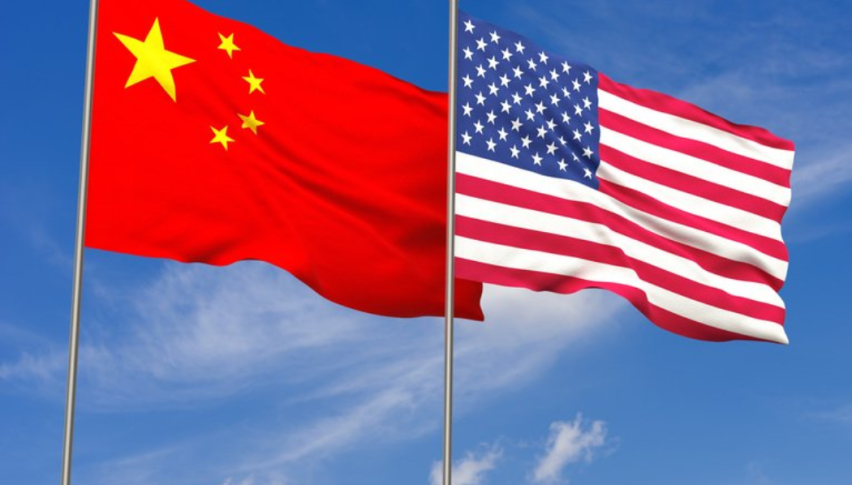US States Divest from Chinese Firms Amid Tensions, Impacting Investments
In a significant political move, Missouri's state treasurer, Vivek Malek, has initiated a pullback from investments in Chinese companies,

In a significant political move, Missouri’s state treasurer, Vivek Malek, has initiated a pullback from investments in Chinese companies, positioning Missouri as a pioneer in the U.S. for such divestments.

This action forms part of Malek’s reelection campaign for the August 6 Republican primary, highlighting a broader trend where states like Indiana and Florida are also retracting their pension funds from Chinese investments due to security concerns.
This wave of divestment reflects the growing geopolitical tensions and the portrayal of China as a primary threat to U.S. interests.
Financial Impact and Market Responses
The divestment moves are not just political statements but also have significant financial implications. Between 2018 and 2022, U.S. public pensions and university endowments invested approximately $146 billion in China.
With more than eighty per cent of U.S. states having at least one public pension fund invested in China or Hong Kong, the shift away from Chinese investments is substantial. Critics like Andrew King of Future Union argue for a reevaluation, citing ethical concerns and economic competitiveness.
However, experts like Ben Powell of Texas Tech University warn that these state-led divestments might reduce investment returns for retirees, suggesting that such significant financial decisions could make U.S. citizens economically poorer.
Future Outlook and Legislative Actions
The divestment trend is gaining momentum, with several states implementing or considering laws to restrict investments in Chinese companies and land ownership.
Florida and Indiana have taken notable steps, with Florida’s new laws even restricting property purchases by Chinese nationals near military sites. The push for divestment is part of a broader U.S. strategy to decouple economically from China amid escalating tensions.
Iowa twice, Ohio twice, Florida twice, won Indiana and North Carolina. We have to be clear eyed about the torrent of racism and misogyny that will be coming, but a win is possible https://t.co/Bz6VbmSlT1
— 𐚁 (@danceforyoustan) July 22, 2024
This state-level patchwork of policies, however, presents challenges for the federal government in maintaining a cohesive national strategy towards China. The scenario underscores the complex interplay between national security, economic policy, and the geopolitical landscape, shaping the future of U.S.-China relations.
- Check out our free forex signals
- Follow the top economic events on FX Leaders economic calendar
- Trade better, discover more Forex Trading Strategies
- Open a FREE Trading Account


